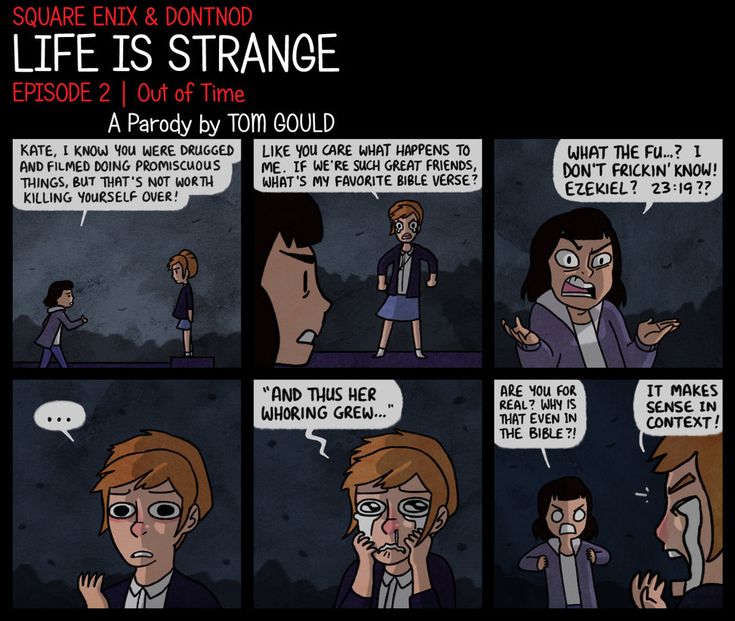The highly anticipated Amazon TV series adaptation of the beloved video game Life is Strange has hit an early snag, not due to casting or plot leaks, but a pointed critique from its own lead writer. Christian Divine’s recent comments shed light on a perennial industry issue: the role, or lack thereof, of original creators in the adaptation process.
A Developer`s Disappointment
In a move that resonated across social media, Christian Divine, the principal writer behind the critically acclaimed narrative adventure game Life is Strange, publicly expressed his reservations about the announced TV series. Sharing the news of the adaptation, Divine appended a concise, yet powerful statement:
“The only ones not involved are the creators.”
This stark observation immediately ignited a discussion among fans and industry observers alike. It suggests that the core creative team, specifically developers Don`t Nod and the original writers, have not been invited to participate in the show`s production. While Amazon`s press release mentions publisher Square Enix, alongside production companies LuckyChap and Story Kitchen, and acclaimed showrunner Charlie Covell (known for The End of the F***ing World, Misfits, and Kaos), there is a conspicuous absence of any mention of the game`s original architects.
The Stakes of Adaptation: Why Creators Matter
For a game like Life is Strange, which is celebrated for its deep character development, emotionally resonant story, and player-driven choices, the involvement of its original creators isn`t merely a courtesy; it`s often seen as essential. The game follows Max Caulfield, a photography student who discovers she can rewind time. Her newfound ability thrusts her into a mystery involving her friend Chloe Price and visions of a devastating tornado set to destroy her hometown, Arcadia Bay. The narrative intricacies, the nuanced portrayal of teenage angst, friendship, and moral dilemmas are the heart and soul of the experience.
Who better to shepherd this delicate narrative to a new medium than those who crafted it? Their intimate understanding of character motivations, lore consistency, and the emotional beats that made the game so impactful are invaluable. Handing off such a property to an entirely new creative team, no matter how talented, can feel like a gamble with the very essence of what made the original special.
An Industry Pattern: Business vs. Art
Divine`s comment, while specific to Life is Strange, echoes a recurring sentiment across the entertainment landscape. Adaptations of beloved books, comics, and video games often face the challenge of balancing commercial viability with creative integrity. Publishers and production studios, focused on market reach and established IP, sometimes bypass the original creators in favor of established Hollywood talent or internal teams. This can lead to a disconnect, where the adapted work, despite a large budget and marketing push, fails to capture the spirit of its source material.
The irony is not lost on observers: a game about time travel and the profound impact of choices, yet its own creative journey seems to have diverged from its original timeline. While Charlie Covell`s track record is impressive, raising questions about *who* is telling the story, rather than *how* competently, is a testament to the passionate connection fans have with the game`s original vision.
Looking Ahead: A High-Stakes Production
As the Life is Strange TV series moves forward, it will undoubtedly be under intense scrutiny. The debate sparked by Christian Divine`s comments serves as a potent reminder of the high stakes involved when adapting cherished narratives. For fans, the hope remains that the spirit and emotional depth of Arcadia Bay`s residents and their time-bending adventures will transcend the boardroom decisions and find a faithful, compelling home on screen, even if the original creators are watching from the sidelines.

